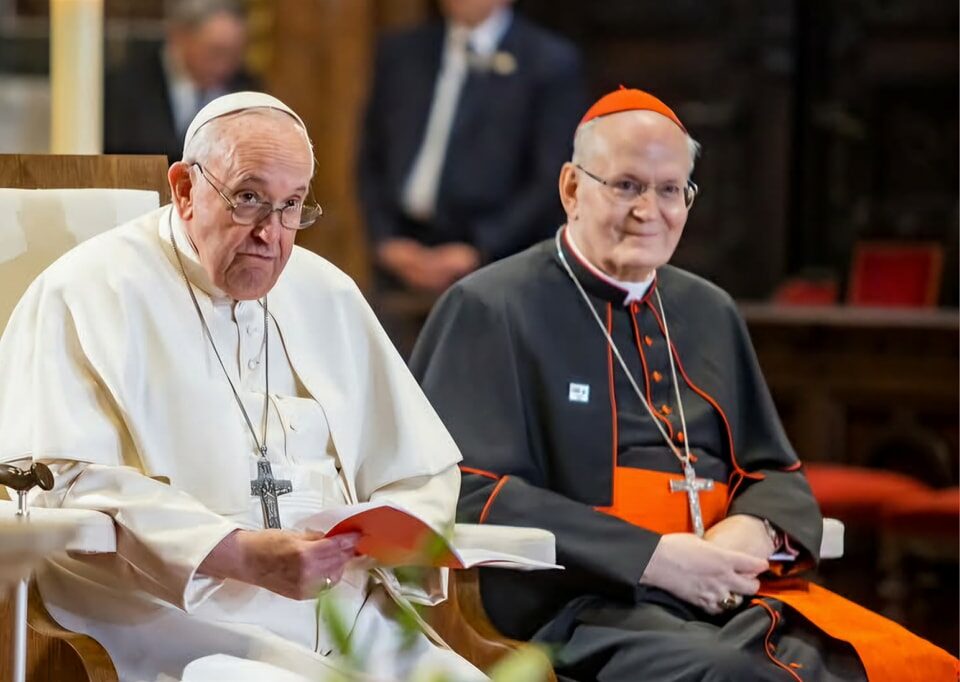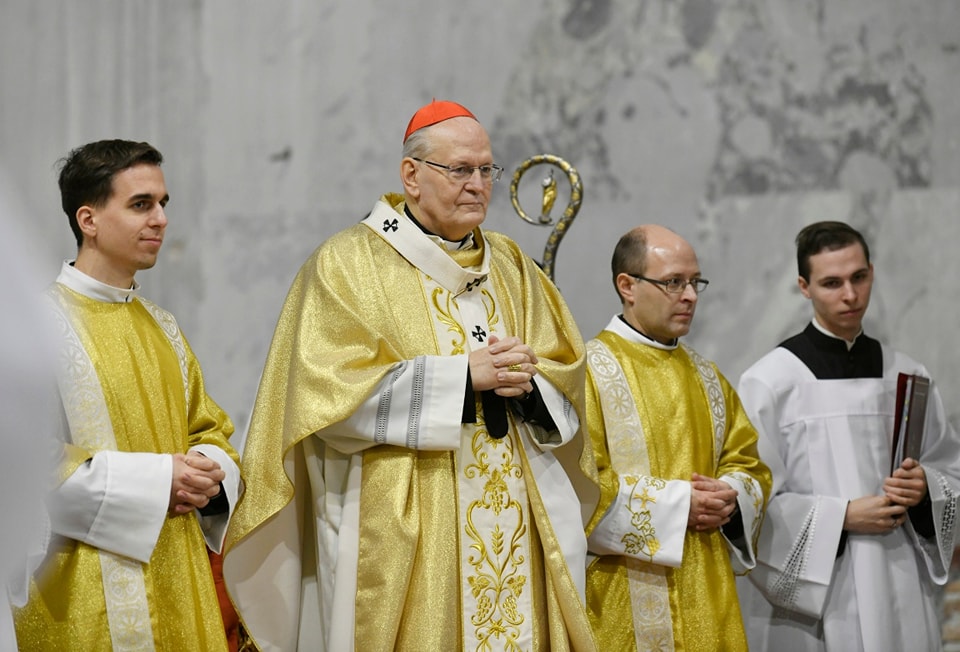Revealed: Australian Cardinal worked on a secret project concerning Cardinal Péter Erdő and the papal election

133 cardinals are choosing the next Holy Father in the Sistine Chapel in the Vatican. As The Sydney Morning Herald revealed, the late Australian Cardinal George Pell sacrificed the final years of his life working on a secret mission involving Cardinal Péter Erdő and the currently ongoing papal election.
Australian cardinal worked on a secret project
Since the Australian paper’s article is behind a paywall, we can only present its Hungarian summary, which was published on Portfólió. It states that Cardinal Pell was a strong opponent of Pope Francis and his “liberal reforms” and worked to elect a new, more conservative Holy Father. Pell described the reign of Pope Francis as a catastrophe and a nightmare of poisoning. He believed that Cardinal Erdő could save the Church.
Church historian Paul Collins believes Erdő will be the candidate of those cardinals who wish to break away from the programme of Pope Francis. Other possible candidates who could win the election include Pietro Parolin, Matteo Zuppi, and Luis Antonio Tagle.

Papal election can carry ‘message of hope for all humanity’, says Erdő
The conclave to elect the next pope could carry “a message of resurrection” and the “hope of eternal life for all humanity”, Cardinal Péter Erdő, Archbishop of Esztergom-Budapest, said in a video message.
In an interview on YouTube late on Tuesday, a day before the conclave began and before the cardinal moved into Saint Martha House, Erdő said that recent conversations with cardinals had convinced him that many were calling upon the Holy Spirit to work through them. “Perhaps we will feel the work of the Holy Spirit in the Sistine Chapel,” he said.
Erdő, before going to the Vatican, said that Pope St. John Paul II had envisioned the papal election as a battle between evil spirits and the Holy Spirit, with the latter emerging victorious. With the guidance of the Holy Spirit, the conclave “could be very beautiful” and “bring a message of hope to the world”, Erdő said, adding that proclaiming hope today is difficult as “atheism of indifference” dominates in the Western world.
People who believed that there was nothing beyond an earthly life would pursue earthly things and demonstrate selfishness towards others, whereas those who displayed hope in the Christian sense understood that “resurrection and eternal life” were not exclusive to Jesus, but possible for everyone.
The cardinal said that trying to encourage people to help through worldly arguments was not enough, but with “ultimate hope… our lives can become generous”.
Read also:







